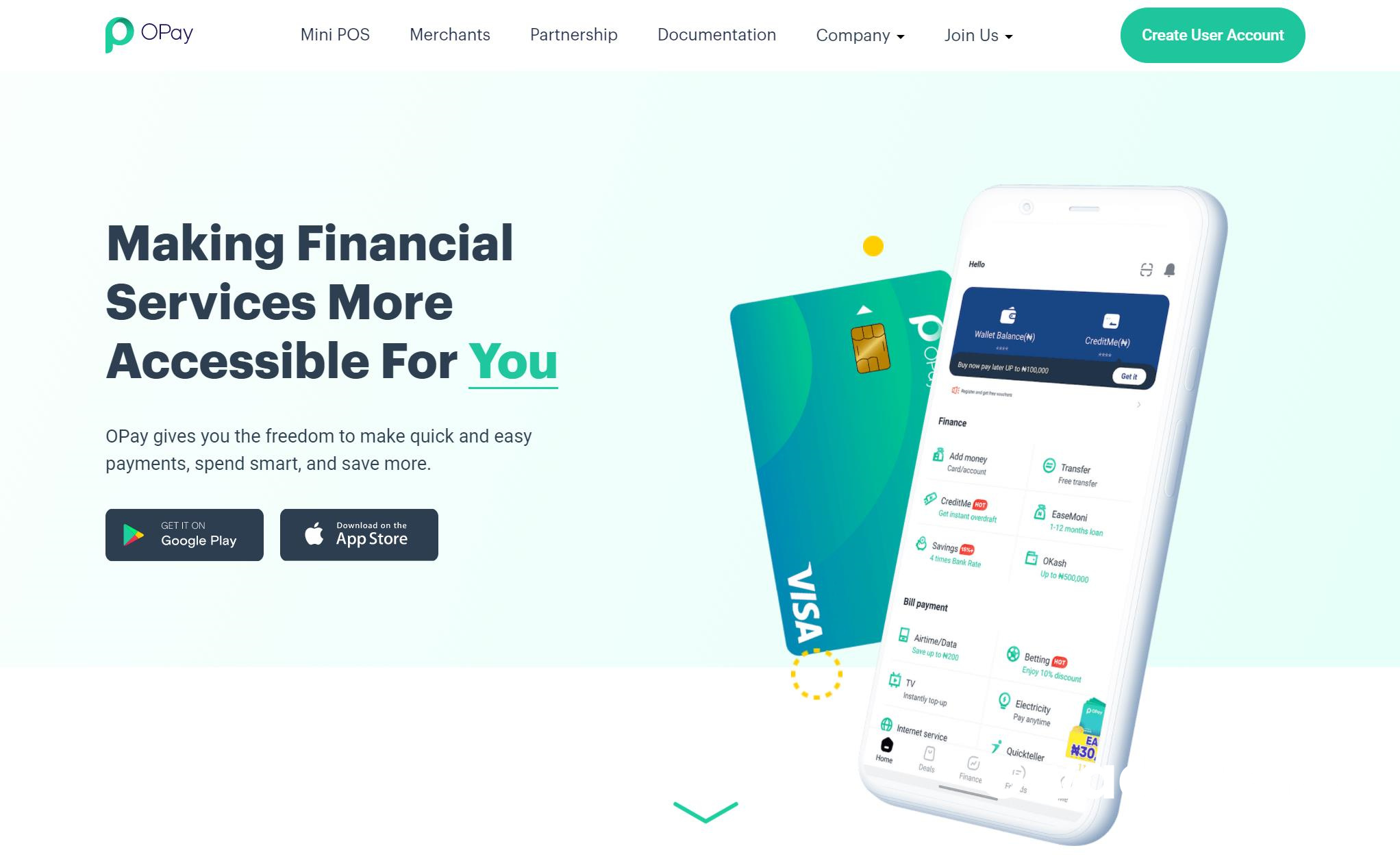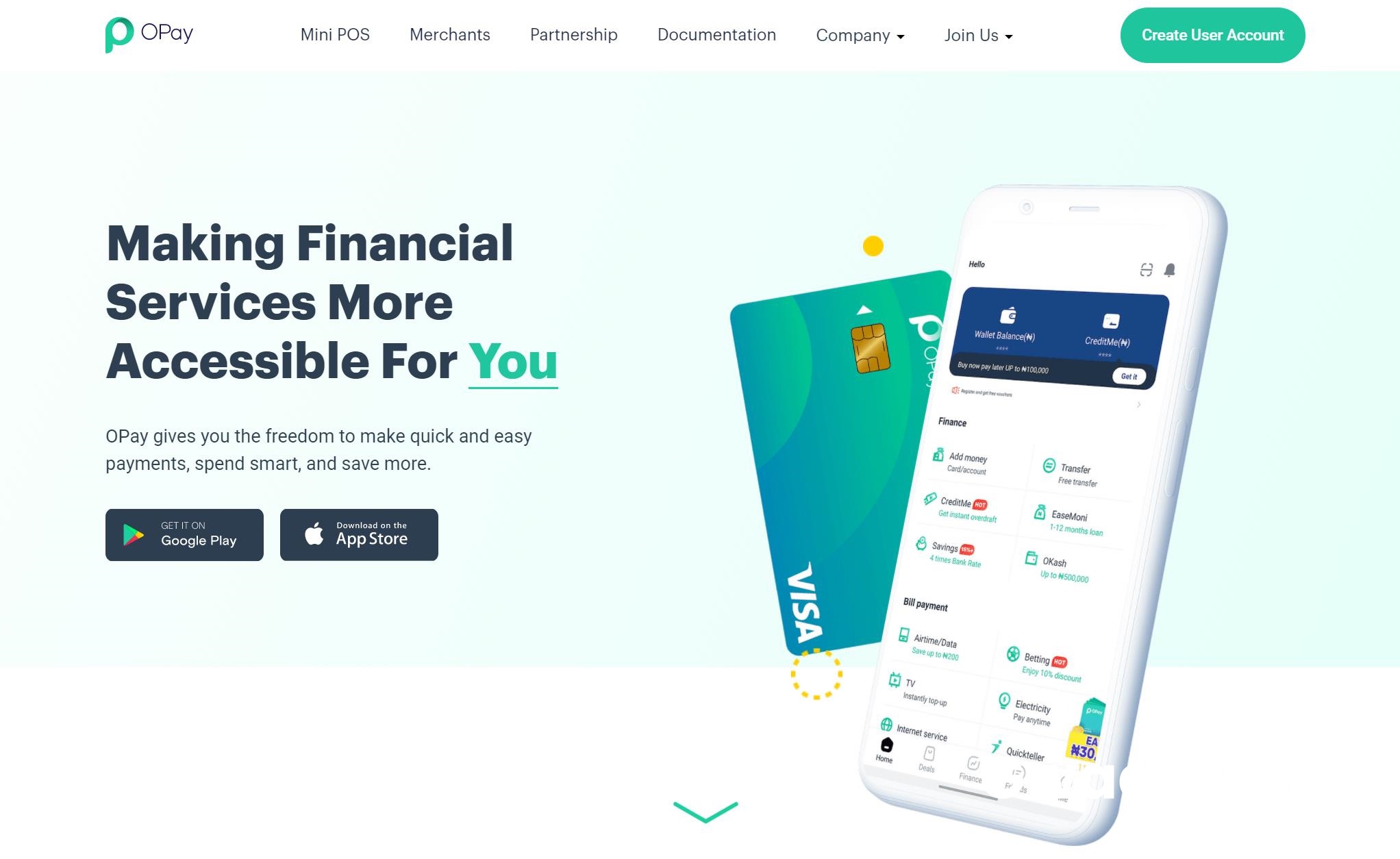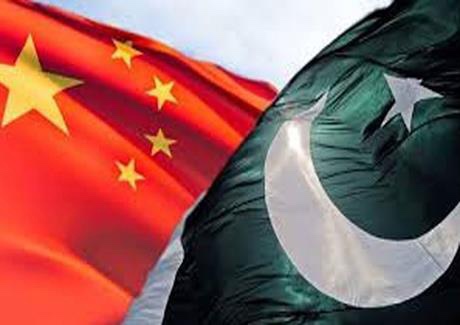When talking about the blue ocean, what comes to your mind? “For me, blue ocean strategy means endless opportunities. I have proven myself in the field of cross border e-commerce. Mobile payment will be my next target,” Aurang Zeb Khan, Vice President of OPAY Pakistan, showed his aspiration during the interview with Gwadar Pro. In this field, broad prospect has been shown through China-Pakistan cooperation, he added.
Being an old China hand who came here to attend university in 1991, with the boom of China’s Internet startup, Zeb Khan focused on the e-commerce industry, where opportunities and challenges coexist. Before entering OPAY, he has distinguished himself by using a unique business model of B2B2C. As former CEO of Shanghai Cheezmall, he used an emerging e-commerce solution Shoplus to integrate the global supply chain, allowing Chinese suppliers to connect with local retail terminals in Pakistan. And it also provided value-added services such as overseas warehousing, logistics and payment.
As an intermediary, Shoplus connected a large number of small businesses in Pakistan, namely local retail stores. These owners can order digital products such as Chinese mobile phones, which further expands Pakistan’s smartphone popularizing rate.
According to figures from Pakistan Telecommunication Authority (PTA), by the end of July 2021, Pakistan’s cellular subscriber base has expanded by 0.65 million to 184.9 million, up from 184.25 million in June. And the number of 3G and 4G users in Pakistan reached 101.59 million.
Naturally, the popularizing rate of smartphone means a huge opportunity in mobile payment. “Mobile payment is a pure blue ocean for us. No matter where we start, we actually start from scratch,” Zeb Khan’s thoughts coincided with business plan of the Chinese startup OPay. As a fintech company established in June 2018, it has achieved great success in Nigeria in just three years, with its mobile money merchants reached more than 300,000 by now. Lately, Opay has just received US$ 400 million in financing, thus its valuation has reached US$ 2 billion.
“The development of digital economy cannot be achieved without the digital infrastructure,” Zeb Khan told Gwadar Pro, many similarities exist between Nigeria and Pakistan. “We have similar infrastructures, population base and cash payment ratio. Therefore, experience tells us that if we want to succeed in Pakistani market, infrastructure construction must be the top priority.”
In June, Opay made its formal debut in Pakistan. Currently, its first strategy is to build a foundation for the local POS payments, that is, to provide locals with more opportunities to pay with debit and credit cards.

“In the future, we will promote smart POS machines, paralleling offline and online payment plans. I have no doubt that Opay will be in the forefront of the Pakistani market within the next year. What we are most concerned about now is the future of mobile payment, namely branchless banking, in Pakistan, an emerging economy,” Zeb Khan pointed out that the COVID-19 pandemic stroked a blow to Pakistan’s economy, but challenges and opportunities are two sides of the same coin.
As per Zeb Khan, fintech has special edges during the unprecedented pandemic era. Using cashless payments can help individuals avoid coming in direct contact with any paper or coin money. The card payments market in Pakistan is set to grow by 12.3% in 2021, says GlobalData, a leading data and analytics company. And Wang Yu, Senior Director of Risk Control Department of Chinese financial services giant UnionPay, stated in a new report that in Pakistan, mobile payment is not taking place at a large scale, but it has a huge population of youth who can learn this system very fast and use it very well. For fintech startup like Opay, all this means endless possibilities.
If the fintech is the core of economic development, then research and development is the core of fintech. According to Zeb Khan, as a fintech startup, Opay has very strong R&D capabilities. “In Pakistan, we always lack of a high-tech enterprise with strong comprehensive strength to help us open up the market and develop an all-around localization strategy for us. Now, Our Chinese and Pakistani teams are working together. The Pakistani team can learn from China’s advanced technologies and operating experiences. The Chinese team can also learn from their Pakistani counterparts how to develop better products based on local user preferences.”
Now, Opay have taken the first step towards this blue ocean. “I hope it can bring a new revolution to Pakistan,” Zeb Khan said.

















